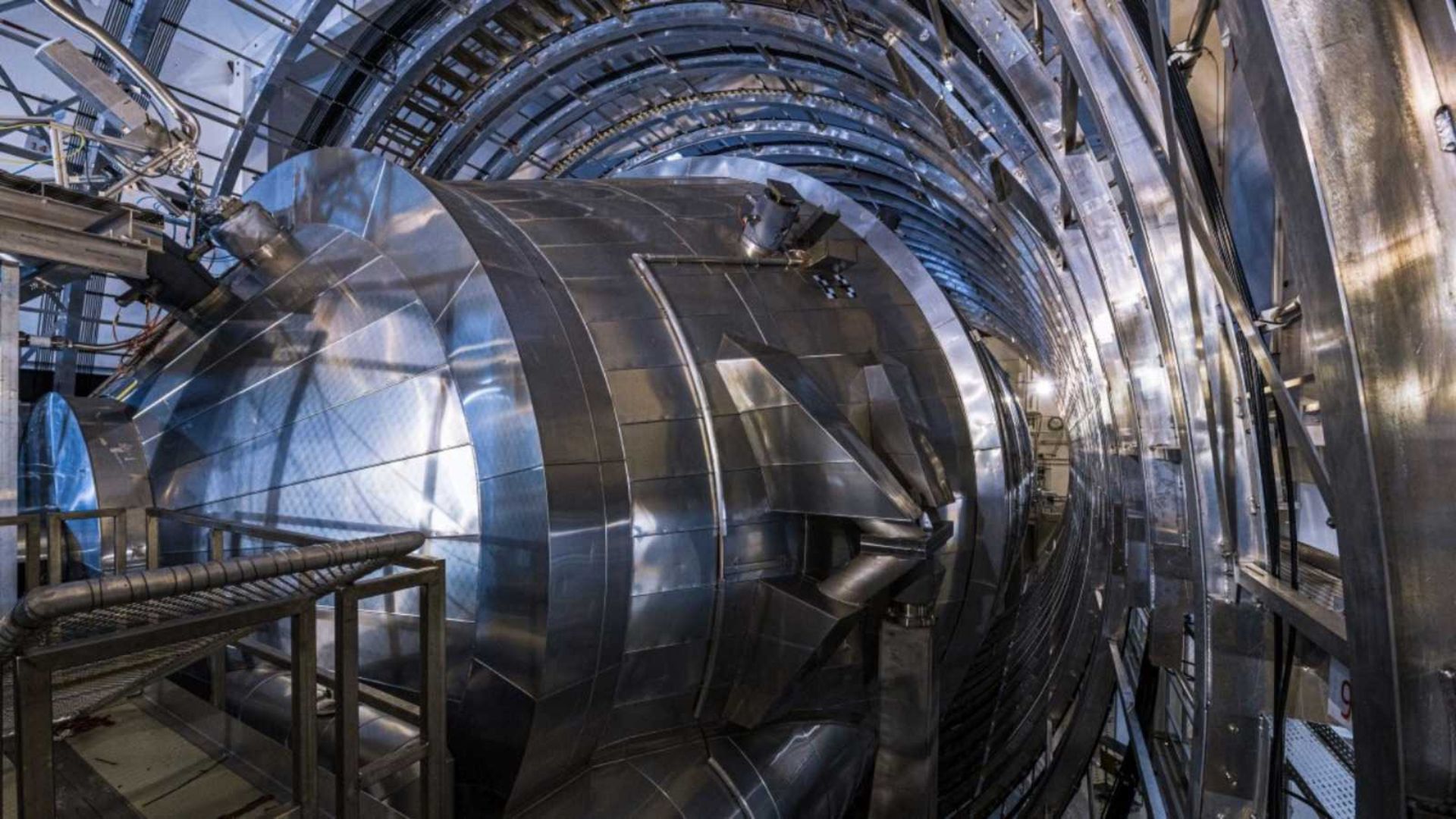Unlocking the Power of Deuterium-Tritium Fusion: Paving the Way for Clean and Limitless Energy
Key Ideas
- Deuterium and tritium, two hydrogen isotopes, are hailed as the most effective nuclear fuel for fusion devices due to their abundance and efficiency, paving the way for limitless clean power generation.
- Compared to traditional coal-fired power plants, fusion plants using deuterium and tritium would require significantly less fuel, showcasing a dramatic reduction in resource consumption and carbon emissions.
- Researchers at the Tritium Laboratory Karlsruhe in Germany are leading the way in safe tritium handling and fuel cycle research, overcoming technical challenges associated with tritium fuel cycle in fusion power generation.
- Efforts are underway to develop advanced technologies for tritium storage, injection into the fusion reaction location, and efficient processing of exhaust gases, along with establishing isotope separation systems and end-of-lifecycle solutions for tritium-facing components.
Scientists are exploring the potential of deuterium and tritium, two hydrogen isotopes, to revolutionize energy production through nuclear fusion. These isotopes are considered the most effective nuclear fuel for fusion devices, offering the promise of limitless clean power generation. Deuterium, readily distilled from various water sources, is a widely available and virtually inexhaustible resource, while tritium, produced during fusion reactions through lithium interaction, remains a fast-decaying radioelement occurring in trace amounts in nature. The Tritium Laboratory Karlsruhe in Germany is at the forefront of safe tritium handling and fuel cycle research, crucial for commercial fusion power generation. Technical challenges associated with the tritium fuel cycle are being addressed, with a focus on storage, injection, exhaust gas processing, and establishing efficient purifying and recycling systems. Advanced technologies like permeation barriers and isotope separation systems are being developed to enhance tritium plant performance. Additionally, end-of-lifecycle solutions are being explored to minimize contaminated waste. The Karlsruhe Tritium Neutrino Experiment, operating since 2018, has gained global recognition for its contributions to neutrino mass measurement. With significant achievements in tritium circulation and purity, the laboratory is setting new standards in tritium research and development.
Topics
Power
Clean Energy
Technology
Germany
Environment
Research And Development
Energy Production
Fuel Efficiency
Nuclear Fusion
Latest News
